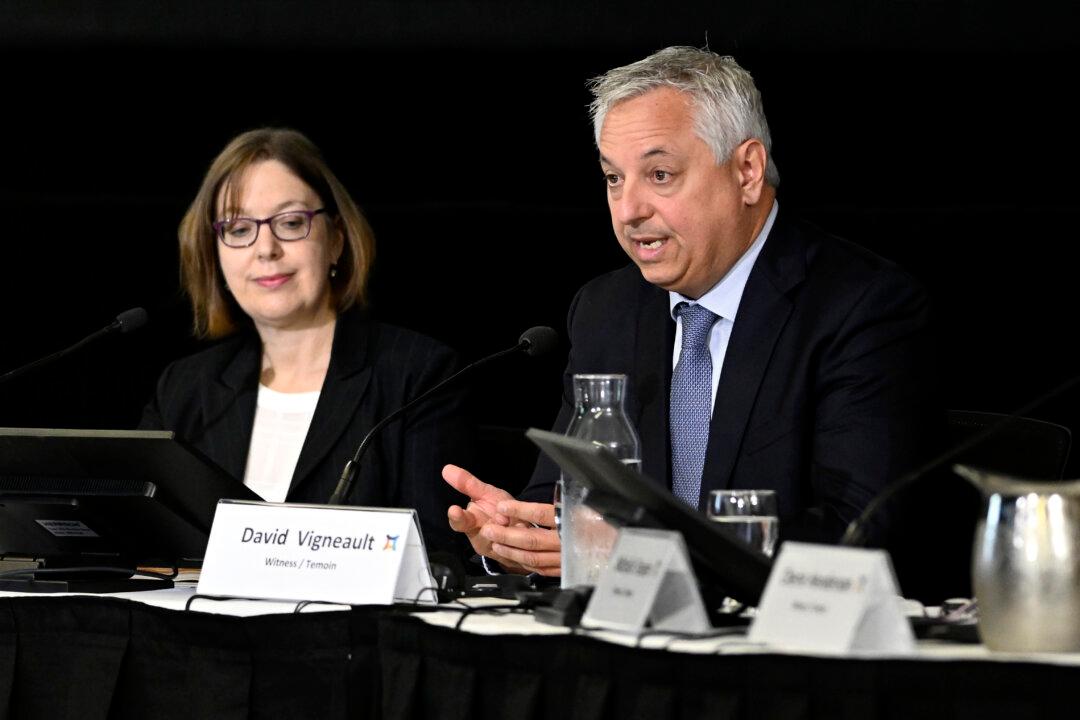Former Canadian spymaster David Vigneault told the Foreign Interference Commission he was “surprised” a report on Beijing meddling produced by his agency was not read by Prime Minister Justin Trudeau, reportedly because it was not shared by Trudeau’s top security adviser.
The Canadian Security Intelligence Service (CSIS) report, referred to as the “Targeting Paper,” was prepared in 2021 and explained how and why the Chinese regime targets parliamentarians. The highly sensitive report went through various stages, including being retracted and skimmed-down before being published in 2023.





